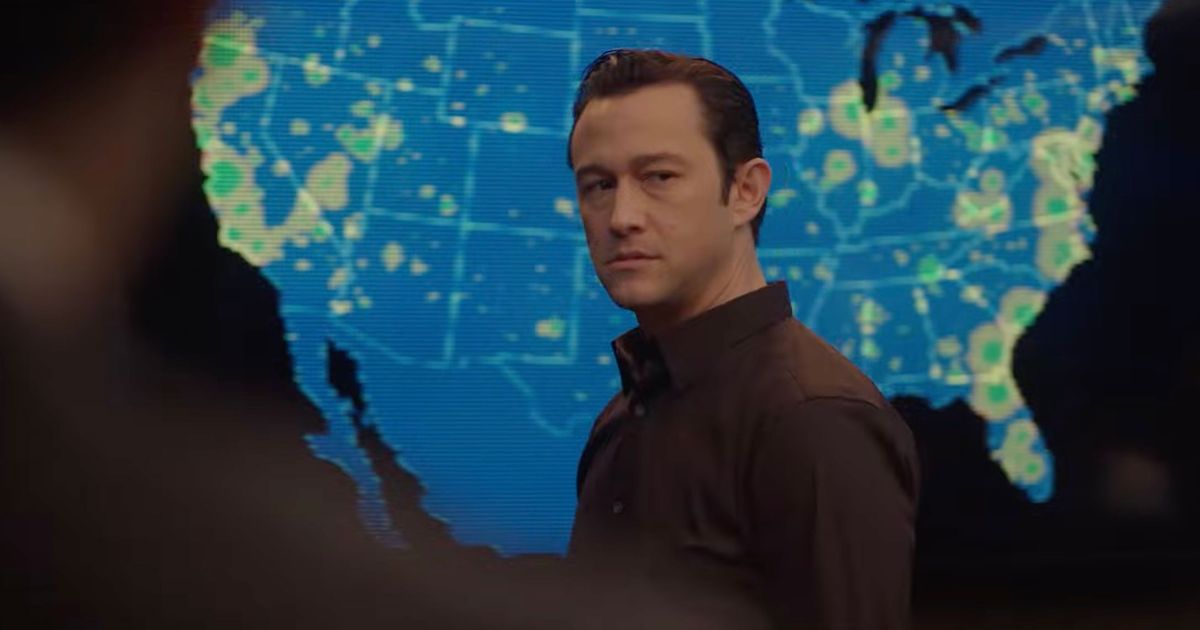[ad_1]
When your mother came to see the first part of “Torch Song” at La MaMa in 1978, she noticed that you were wearing earrings that she missed.
When I was doing drag at first, I was ripping a lot of jewelry off her. When I took my jewelry course at Pratt, where I was in college, I gave her everything I made.
You felt supported by your parents, didn’t you?
My father was raised in an orphanage. He instilled in me and my brother that all you have is your family, and he would always be behind us. I’m sure he and my mom had many sleepless nights talking about what I was doing, wearing dresses, whatever. My brother once told Lesley Stahl in an interview that never aired, “Harvey was always Harvey, we always accepted him as Harvey.”
So, how did your mother react to these first pieces which were tender, but also brutal?
First of all, she loved the theater and took me as a child whenever she had the chance. And she knew my boyfriends and everything. She was not innocent.
It’s a different world now. When you wrote your trilogy, same-sex couples didn’t often have children.
But at that time, there were all these gay children kicked out of their homes and beaten up in group homes. And so there was this need for us to go beyond our own needs as individuals and start becoming this community and taking care of our children. My mother was a schoolteacher in New York, and we argued about the Harvey Milk School for gay children. She told me that if you don’t integrate these children now, they will never have a life. Then she got a gay student and all of a sudden she changed her mind.
You refer to LGBTQLMNOP in your book. Could you be canceled for being flippant?
No, because everyone knows that we are a constantly growing group. When I was a kid, I thought there were gays and straights, and everyone was in the closet. Growing up, I started to realize that there were a lot of colors in our box of crayons. The men in my play “Casa Valentina” were based on actual straight men in the 1950s, and none of them agreed on anything. The big lie is that we are all the same. None of us is like the other. We are all so beautifully individual.
[ad_2]
Source link




